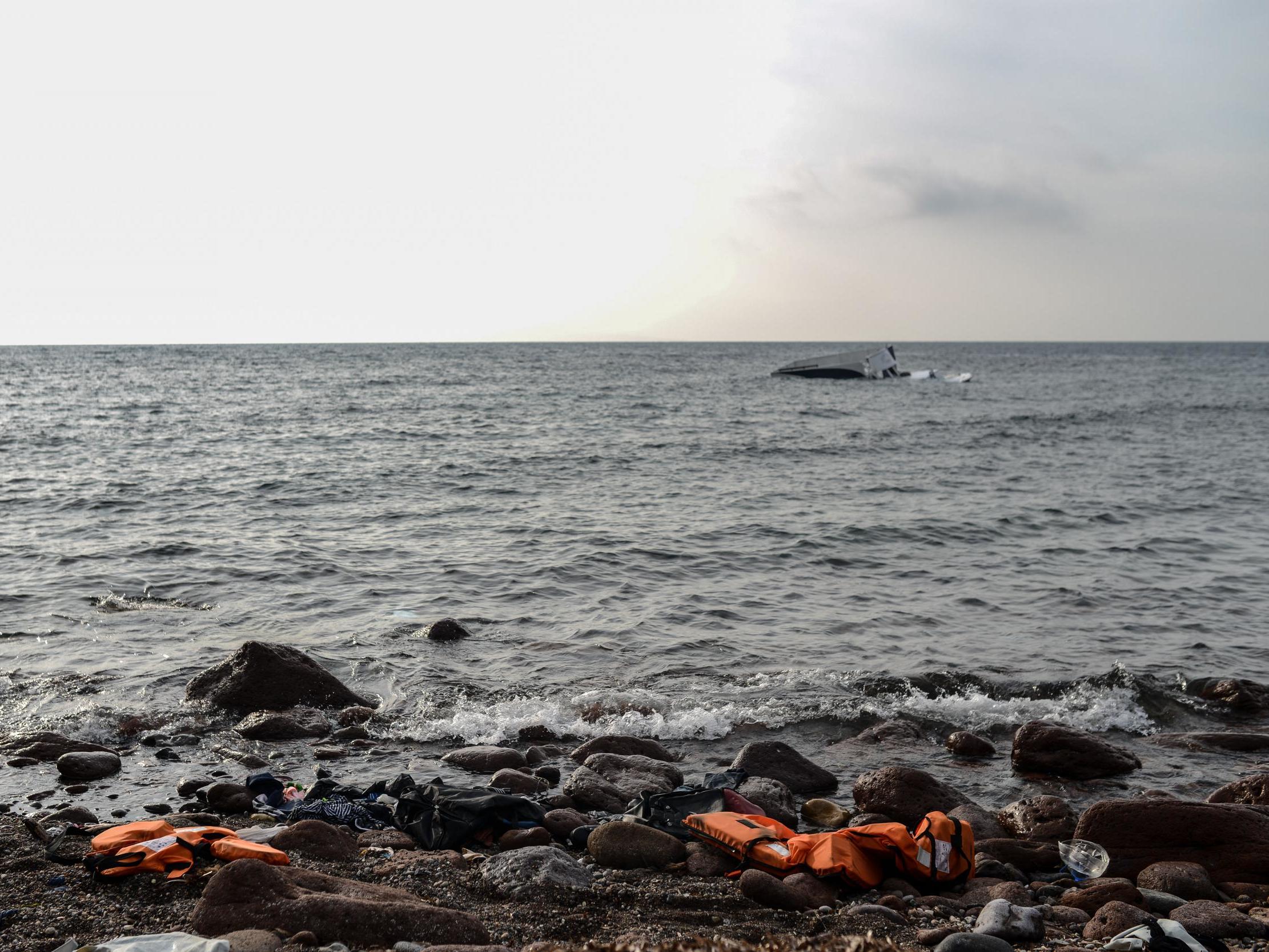At least 58 migrants dead after boat capsizes off Mauritania coast
Vessel was carrying 150 people and left Gambia last week

Your support helps us to tell the story
From reproductive rights to climate change to Big Tech, The Independent is on the ground when the story is developing. Whether it's investigating the financials of Elon Musk's pro-Trump PAC or producing our latest documentary, 'The A Word', which shines a light on the American women fighting for reproductive rights, we know how important it is to parse out the facts from the messaging.
At such a critical moment in US history, we need reporters on the ground. Your donation allows us to keep sending journalists to speak to both sides of the story.
The Independent is trusted by Americans across the entire political spectrum. And unlike many other quality news outlets, we choose not to lock Americans out of our reporting and analysis with paywalls. We believe quality journalism should be available to everyone, paid for by those who can afford it.
Your support makes all the difference.Scores of migrants who swam through rough Atlantic Ocean waters to safety from a capsized boat while 58 others drowned are receiving care in Mauritania after one of the deadliest disasters this year among people making the perilous journey to Europe.
The boat left Gambia a week ago and had been carrying at least 150 people, including women and children.
It was headed towards Spain’s Canary Islands when it tried to approach the Mauritanian coast to get fuel and food, Laura Lungarotti, chief of mission in the West African nation with the UN migration agency, told the Associated Press.
“Many drowned. The ones who survived swam up to the Mauritanian coast close to the city of Nouadhibou,” she said. “The Mauritanian authorities are very efficiently coordinating the response with the agencies currently present” in the northern city.
At least 83 people swam to shore, the agency said, while Mauritanian authorities said security forces found 85 survivors.
Interior minister Mohamed Salem Ould Merzoug said 10 people were taken to the hospital in Nouadhibou for “urgent” treatment.
It was not immediately clear whether anyone remained missing.
The survivors were receiving care in accordance with “human solidarity, fraternity and African hospitality”, the minister’s statement said.
It said the boat held as many as 180 people, most of them aged 20 to 30.
Mauritania will open an investigation into those responsible for “this drama” including possible trafficking networks, the statement added.
While thousands once died off Mauritania’s coast in attempts to reach the Canary Islands between 2005 and 2010, that later calmed, the statement said.
But in recent months authorities have detained boats mostly carrying hundreds of migrants from Senegal, which neighbours Gambia, it added.
Survivors said the boat that capsized had left Gambia on 27 November.
There was no immediate statement from authorities in Gambia, where tens of thousands of people have set off in hopes of reaching Europe in recent years.
Despite the country’s small size, more than 35,000 Gambians arrived in Europe between 2014 and 2018, according to the UN migration agency.
A 22-year oppressive rule by former president Yahya Jammeh severely affected the country’s economy, especially for youth, and contributed greatly to the exodus.
Since Mr Jammeh fled into exile in January 2017 after a surprise election loss, European countries have been pushing to return asylum seekers.
But Gambia’s economy still suffers. The coastal nation was shaken earlier this year by the collapse of British travel company Thomas Cook.
At the time, Gambia’s tourism minister said the government convened an emergency meeting on the collapse, while some Gambians said the shutdown could have a devastating impact on tourism, which contributes more than 30 per cent of the country’s GDP.
Associated Press
Join our commenting forum
Join thought-provoking conversations, follow other Independent readers and see their replies
Comments